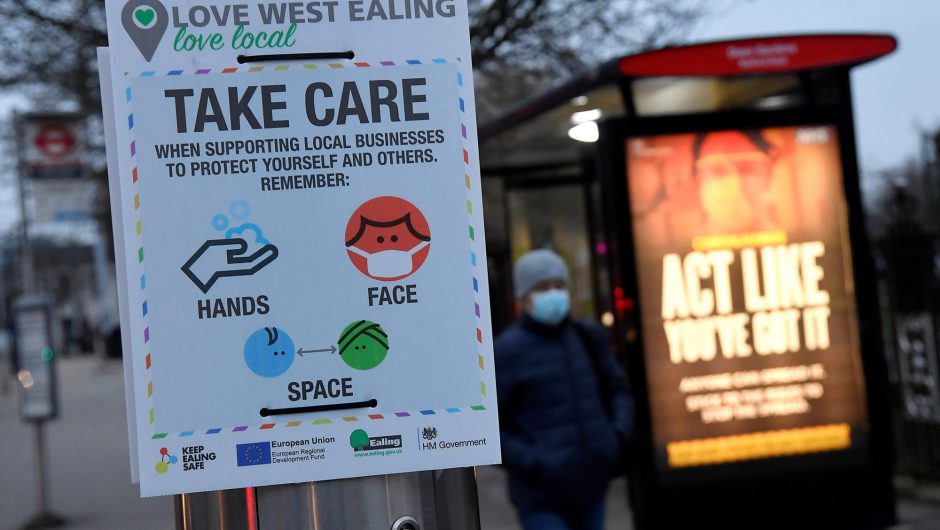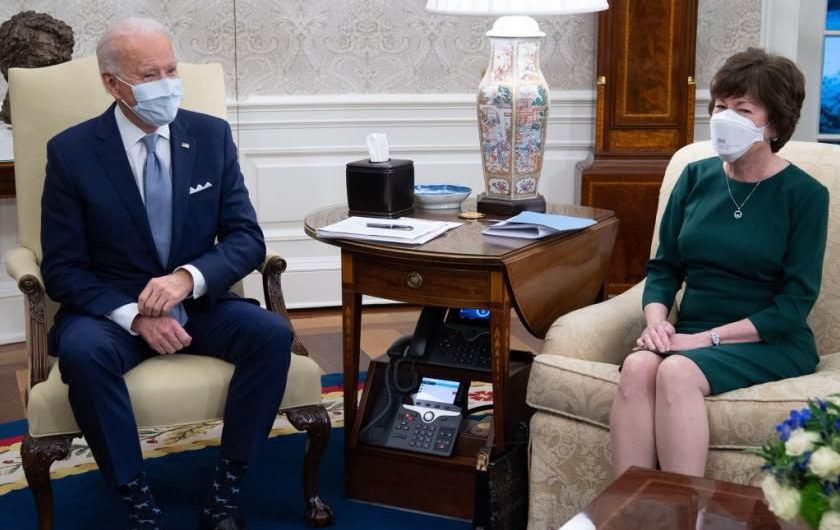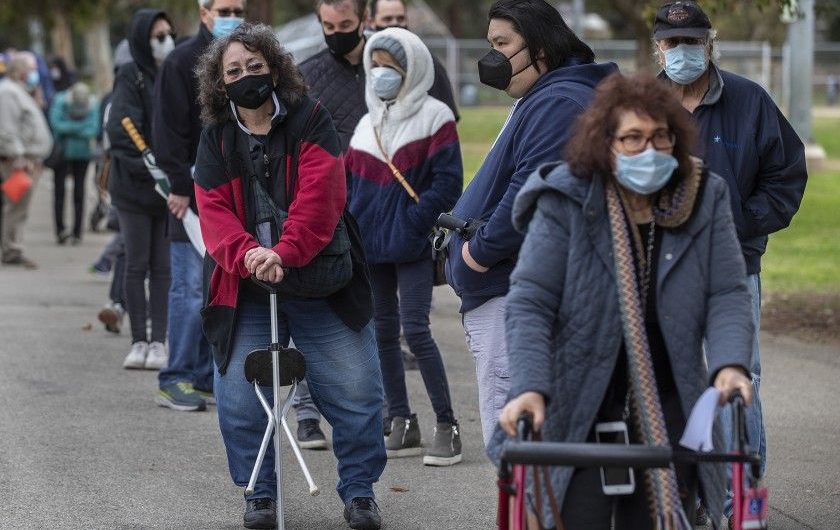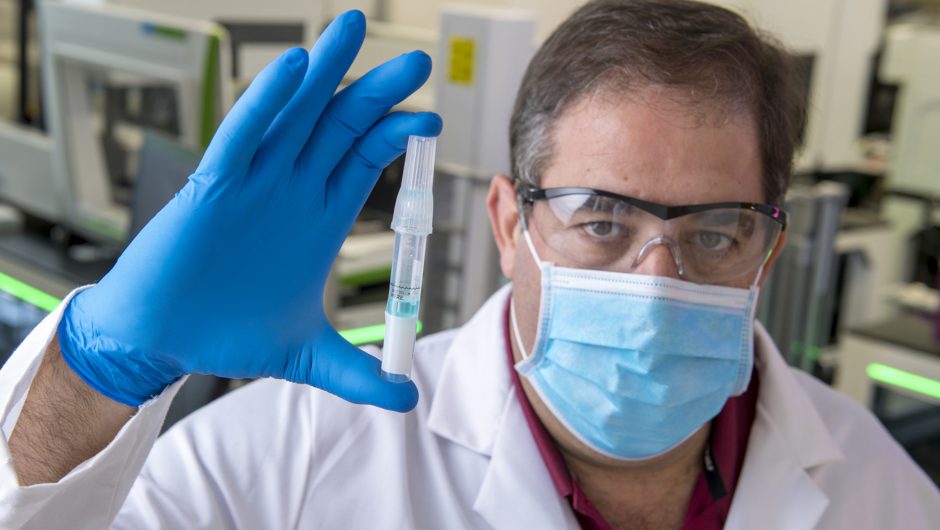[ad_1]
A new study of young people found that COVID-19 reinfection was “common” among those who had the virus.
The study, published Friday in the preprint server MedRxiv, examined 3,249 young, healthy mostly male Marine recruits between the ages of 18-20 before they started basic training.
Of the 189 participants that tested positive for antibodies, 19 ended up testing positive for the virus six weeks later, according to the study — which is yet to be peer reviewed and was conducted by Mount Sinai, the Naval Research Center and other universities.
“Our findings indicate that reinfection by SARS-CoV-2 in healthy young adults is common,” said Mount Sinai’s Dr. Stuart Sealfon in a release.
The hospital network notes that the study shows that though “antibodies induced by infection to SARS-CoV-2 are largely protective, they do not guarantee effective immunity against subsequent infection.”
The recruits were subjected to a strict, two-week quarantine before they entered the study and were tested for antibodies to see if they had been infected with COVID-19 in the past.
All of the participants were also required to have three negative PCR tests during the quarantine phase of the study, to ensure incidents of reinfection were actually new bouts of the virus and not persistent infections, the study states.
“The two-week home quarantine preceding the supervised quarantine, as well as the relatively low frequency of infections diagnosed on arrival and during quarantine, further support that only incident infections were included in our analyses,” the report explains.
Of the 19 recruits who were reinjected, 84.2 percent, or 16 of them, didn’t show any symptoms at all.
Researchers noted that overall, many young people who contract the virus tend to be asymptomatic or have few symptoms — which can lead to a less robust immune memory response.
“This could lead to higher overall rates of re-infection among this population compared to other populations,” researchers wrote, adding those who are reinfected could “have a similar capacity” to transmit the infection as those who are infected the first time.
The researchers also pointed out that little is known about vaccine immunity and said it is “possible that both previously infected and vaccinated individuals may later become infected” again.
The researchers concluded that young adults “can be an important source of transmission to more vulnerable populations,” which is important to keep in mind as governments determine the need to vaccinate young, previously infected people.
[ad_2]
Source link








